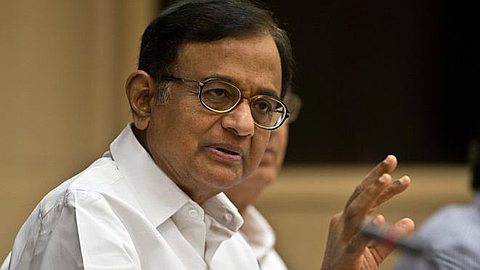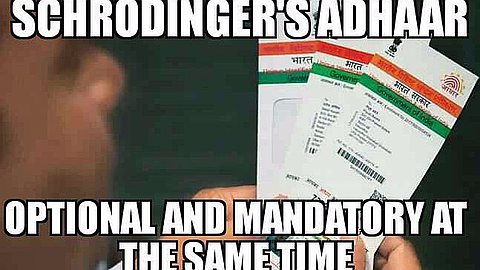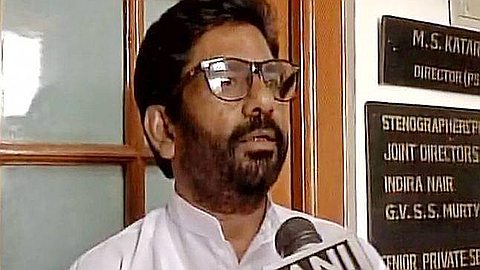The India Income Tax department is planning to “make distinctions”
The Income Tax department is planning to “make distinctions” between companies which are genuinely based in low-tax jurisdiction Mauritius and those which appear to be, but are in fact conduits, wrongfully claiming tax deductions, sources told The Indian Express.
After launching several initiatives to curb the generation of black money, the government is now mulling ways to identify and tax entities indulging in tax evasion by taking advantage of existing treaties — a practice called treaty shopping. As per the existing tax treaty, companies based in Mauritius are not required to pay capital gains tax in India. They do not pay capital gains taxes in Mauritius too. “We are planning to start taxing the substance and not the form of entities. This will help us in catching hold of entities which are treaty shopping in Mauritius,” the sources said.
The taxing of “substance” and not “form” would mean that the tax department would look for information like number of employees in the company based in Mauritius, the office location, expenditure incurred in running the office, and commercial purpose of the company among other things. For taking the benefit of the double taxation avoidance agreement (DTAA), a company has to get proof of residency from the Mauritian government and the I-T department acts on that. But many companies have been taking undue advantage of the understanding and have been routing investments in India through companies based in Mauritius.
Last week the government said that it has resumed talks with Mauritius for re-negotiation of the 18-year old treaty. India and Mauritius entered into DTAA on April 1, 1983.
However, tax experts feel the move will negatively impact inbound foreign direct investment (FDI). The largest chunk of FDI in India comes from Mauritius, which stood at 42 per cent in April as per the latest data. Rahul Garg, ED, PwC, said, “This move by the I-T department would impact foreign institutional investors investing here. There are not many investors in Mauritius and most of the investment is from European countries and the US.”
He said that with the implementation of Direct Tax Code in the next year, the tax department would be empowered to look at substance in case where the General Anti Avoidance Rules are invoked. India has been trying to incorporate anti-abuse provisions in existing DTAA. However, it has not been possible due to several reasons both political and economic. With the current thinking, it becomes clear that the department is moving towards clarifying the circular and move towards implementing DTC from 2012.
The government has been drawing flak from the Opposition and civil right activists for its incompetence in curbing the black money generation in the country.
The Centre has already set up committees and a study group to look into the matter. It is also renegotiating DTAAs with countries to incorporate exchange of information clause so that action can be taken against those parking money in low tax jurisdiction to avoid being taxed.
By IndianExpress.com





